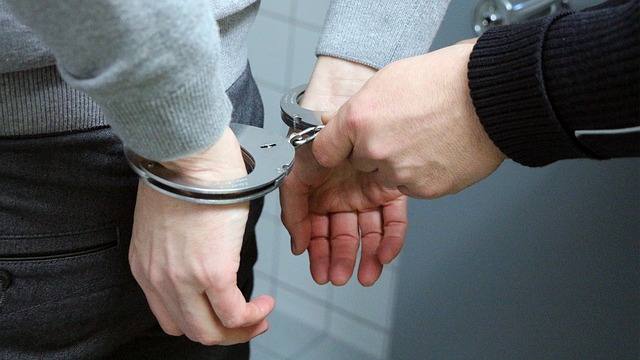After someone is charged with a criminal offence, they have the chance to be granted with bail. Bail is a temporary release from custody with assurances that the accused will attend their court summons.
Bail is useful to the legal system because it means that many people charged with criminal offences do not need to be detained for long periods of time. It allows courts to function more efficiently as they can schedule court hearings over longer periods whilst assuring that the offender will attend.
While bail is desirable for anyone charged with a criminal offence, there are a number of factors that are considered in whether or not it is granted and what conditions will accompany it if it is. Let’s look at the most important facts about bail that everyone should know.
Being granted bail
The likelihood of being granted bail depends on a variety of factors including the severity of the crime and the likelihood the accused may attempt to flee justice. At its core, granting bail is a risk evaluation on whether or not the accused is safe to release into society and on the likelihood they will turn up to their hearing.
Bail can be refused for a number of reasons including:
- Police custody is deemed necessary to ensure attendance in court
- Police custody is deemed necessary to protect victims, witnesses and greater society
- The crime committed is a serious offence such as family violence and trafficking drugs
- Police custody is deemed necessary for the accused’s own safety
- The accused has a history of breaching bail conditions
If bail is refused by the police then a bail application must be made with the magistrate’s court. The serving magistrate will evaluate the police’s opposition to bail and give the accused the chance to argue for their bail.

Those making an application for bail should explain to the magistrate the following:
- Their marital status
- Their age
- The presence of any children or dependants
- Their job
- Their criminal history (if any)
- Why they think bail should be granted
- Conditions of bail they would be willing to accept
Conditions for bail
Bail conditions are an added measure that helps to ensure that the accused behaves themselves during their release and turns up to court. Many of the common bail conditions include:
- A bail deposit that the accused pays the court and can only be reobtained if they attend their summons
- A deposit made by another party on behalf of the accused if they do not attend their summons
- A curfew that the accused must adhere to
- Making contact with a police officer on a regular basis
- The accused promises the court they will not attempt to contact or interfere with certain persons (such as victims or witnesses)






